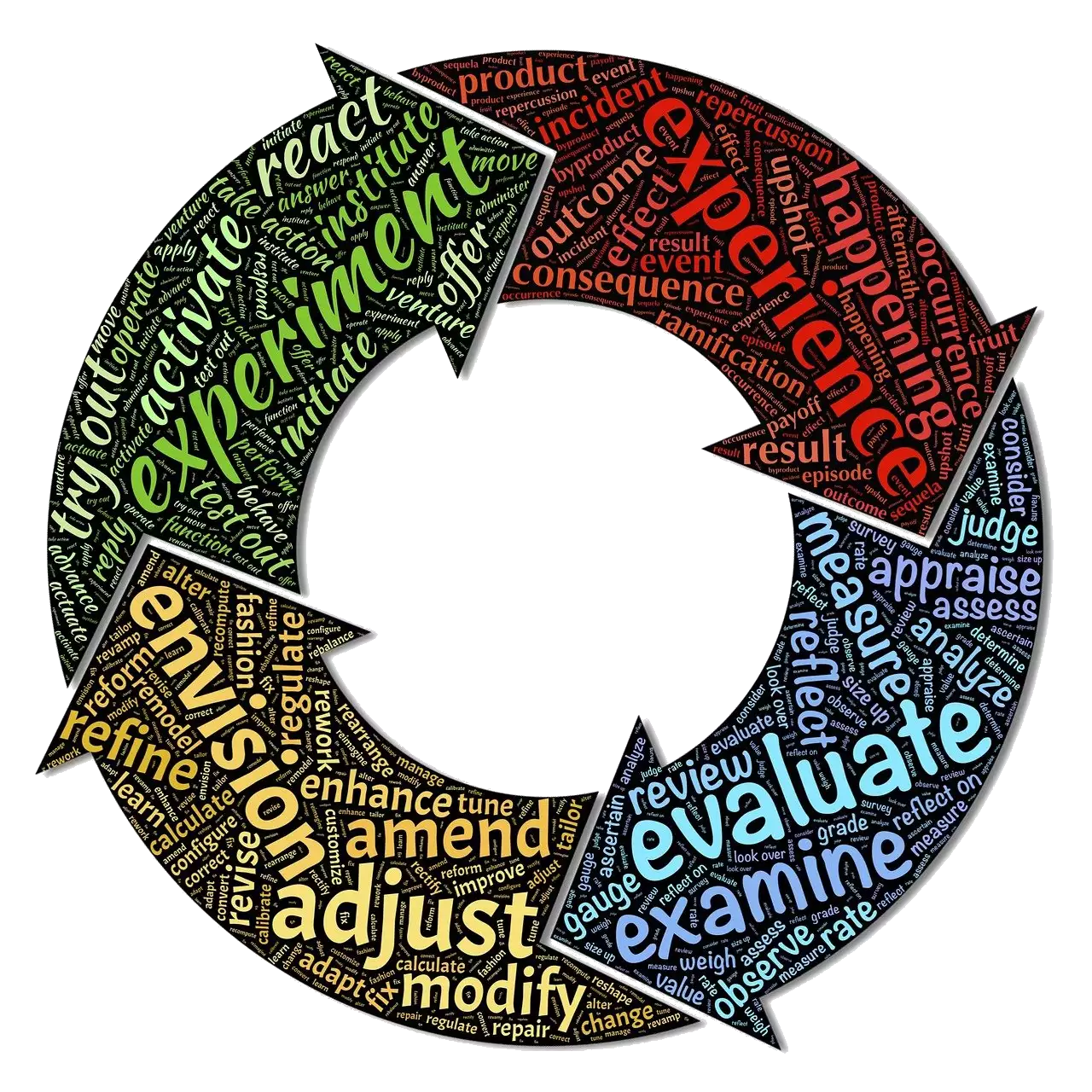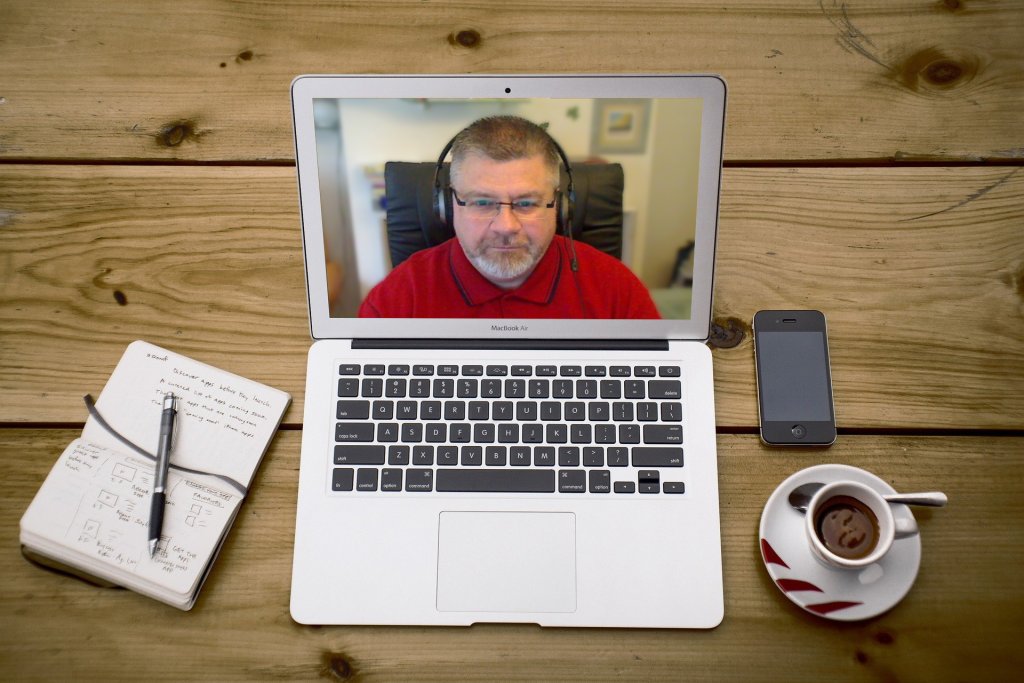
What you Get for your Money in every Counselling Session
What exactly do you get from online counselling sessions with LGBTCoupleCounselling.co.uk? Let's discuss every counselling feature (couple work, group work, individual work) so that you might make informed comparisons between this service and what others are offering you. What you get for your money...What Counselling Gives You
Using a bit of technical language to begin, Dean Richardson MNCPS (Accred/Reg) is a counsellor who is trained and qualified to work with relationships (couples, throuples, and intimate groups) using an eclectic psychodynamic, systemic, and Foulksian set of theoretical models and approaches, who specialises in Gender, Sexual, and Relationship Diversity (GSRD) counselling.
Plus, he can integrate useful portions of other models (cognitive behavioural approach, solution-focused therapy, brief/focal psychodynamic, etc.) when they offer something helpful to our relationship counselling work.
But what do all these terms actually mean in plain English?
How does an LGBT couple, trio, or group, who are evaluating counsellor websites, get to know: “…what is this counsellor offering that might help us?”
What kind of Counselling this is
For LGBTQ+ relationships, Dean uses a form of counselling that explores the patterns and dynamics that influence how partners relate to each other. He calls this an integrated systemic and psychodynamic approach to couple counselling.
- The Systemic model: focuses on how personal relationships, behaviour patterns, and life choices are interconnected with the issues partners face in their life.
- The Psychodynamic model: explores the unconscious aspects of a person’s mental and emotional processes. It aims to help the person understand and resolve inner conflicts, patterns, and motivations that may affect their behaviour and relationships.
This eclectic therapy integrates psychology and social understanding of LGBTQ+ lives. This can help gay couples to understand how, sometimes, their early experiences, attachment styles, and family systems shape their current behaviours, emotions, and expectations in their relationships. What we used to call (unhelpfully) “baggage”.
By bringing hidden (or previously unrecognised) aspects to light, partners can gain insight into their own and their partner’s needs, motivations, and fears. With new knowledge comes new options, and then new choices.
This therapy can also help couples develop more empathy, communication, and intimacy with each other.
Counselling can help LGBTQ+ partners by facilitating a deeper and more meaningful connection that can enhance their well-being and satisfaction together.

Taking Things One Step at a Time
An overview of how LGBT relationship counselling works, starts with encouraging curiosity…
- Curiosity (initiated through Counselling)… leading to → New Information.
- New Information… leading towards → New Options.
- New Options… leading towards → Negotiating / Making New Choices.
- New Choices… leading towards → Transforming the Relationship (through informed empowerment).
- Transformation Underway… the partners are developing affective behaviours that address relationship conflicts (and may choose to leave counselling).
Curiosity allows us to discover new knowledge. New information provides us (and our partners) with new possibilities, which leads to us making some new (or newer) relationship decisions. When new decisions are made, the behaviour of the partnership can begin to change. When the partners' relationship is much more under their own management (again), they will recognise it's time to leave counselling.
What the Couple Counsellor does
The counsellor helps couples understand and improve their relationships by exploring the patterns, beliefs, and interactions that shape their dynamics.
He will employ various techniques, such as:
- Asking circular questions that invite the couple to reflect on their perspectives, feelings, and behaviours and how they affect each other and the relationship.
- Using reframing to help the couple see their problems in a different light and identify new possibilities and solutions.
- Promoting positive change by highlighting the strengths, resources, and goals of the couple and by facilitating new experiences and experiments that challenge their assumptions and habits.
- Encouraging feedback and collaboration between the counsellor and the couple, and among the partners themselves, to foster trust, openness, and mutual understanding.
- (Sometimes) creating genograms that map out the family history and context of the couple and how they influence their current issues and expectations.
What Therapy Provides 🫴
Different relationship counsellors work in different ways.
Dean's core approach is the integration of psychodynamic and systemic theoretical models (along with whatever is helpful, to be honest!). But let's give you a more plain-English overview of what each counselling session can provide for you.
- A complete 50-minute session (or 90 minutes for throuples and groups) that begins on the hour, will not start late, and ends at a consistent and predictable time.
- Over 26 years of therapeutic skills including: reframing of subject matter that can bring comprehension, behavioural interpretation, identification of unconscious processes (projection, splitting, etc), insightful comments, observations, active listening, and knowledge of LGBTQ+ relationships that can help you make informed choices around relationship change.
- Non-judgement respect for this being your distinct relationship, avoiding diagnoses, pathologising, and prescribing to you: "how a normal relationship would deal with this is..."
- Techniques and approaches that can help all partners confront, halt and transform unhappy behaviour.
- Unlimited opportunities to contribute your own ideas, suggestions and hypotheses.
- Unlimited opportunities to gain new knowledge and comprehension about their partner's (and their own) behaviour and motivations in the context of this relationship.
- Unlimited homework opportunities: to discuss, plan and design your own homework in between sessions.
- The same counsellor every session, so that the connection you build with Dean can become dependable and trustworthy.
- Weekly appointments scheduled for the same day and time (excepting planned holidays), giving you the flexibility to manage your personal schedule without squeezing-in future counselling sessions.
- A professional facilitative approach that can assist you and your partner(s) in identifying your own problems, interrupting faults, and putting in corrective behaviour. A strategy you can use and re-use for years to come.
- A therapist who listens for the problems that your relationship cannot hear and who maintains a neutral position (e.g. does not take sides).
- Reliable and containing boundaries - whether it's as simple as time keeping or more complex such as distressing subject material.
- Flexible and dynamic outcomes - your goals at the beginning of our work together may change over time. We will manage whatever new matters your relationship needs to attend to.
- Helpful support during distressing and emotional times.
- Support in finding ways to bring the counselling work to an end. We can stop our work at any time, and discussing this with your counsellor can help find creative ways to plan for the partners to continue their work.



